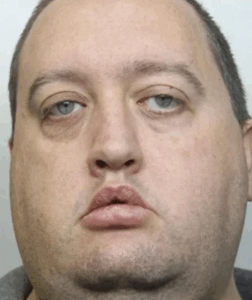A systematic review conducted by researchers at University College London (UCL) and Wingate University emphasises the critical need to recognise childhood verbal abuse by adults as a distinct subtype of child maltreatment. The study, commissioned by the charity Words Matter and published in Child Abuse & Neglect: The International Journal, sheds light on the impact of verbal abuse on children’s well-being and advocates for targeted prevention measures.
Child maltreatment is conventionally classified into four subtypes: physical abuse, sexual abuse, emotional abuse, and neglect. These classifications guide the development of interventions and the monitoring of affected populations. The study questions the existing framework and suggests the addition of childhood verbal abuse as a standalone category.
Examining 149 quantitative and 17 qualitative studies, the researchers found inconsistencies in defining childhood verbal abuse. Definitions varied between parents and other authorities, with certain cultures normalising verbal abuse as a form of discipline. The study underscores the importance of establishing a consistent definition to facilitate identification and intervention.
Childhood verbal abuse encompasses behaviours such as belittling, shouting, and threatening language, all of which can adversely affect a child’s well-being. The study reveals that these actions may lead to lasting emotional and psychological repercussions, increasing the risks of anger, depression, substance abuse, self-harm, and obesity throughout the child’s life.
Despite the evident impact, the study notes a significant void in recognising childhood verbal abuse by adults as a distinct maltreatment subtype. Researchers emphasise the urgency of acknowledging this gap, as doing so could pave the way for targeted prevention measures and more effective responses.
Co-author Professor Peter Fonagy (UCL Psychology & Language Sciences) underscores the clinical value of the study, emphasising the role of prevention in reducing child mental health problems. He notes that a focused approach on childhood verbal abuse, led by the charity Words Matter, can bring about significant change and directs efforts toward timely and effective identification.
Data from the World Health Organization (WHO) indicates that emotional abuse is now the most prevalent form of child maltreatment. However, the study argues that the term “emotional abuse” is ambiguous and places the focus on the victim. “Childhood verbal abuse,” by zeroing in on the adult’s actions, is proposed as a more precise starting point for prevention efforts.
Examining various studies, the review identifies parents as the primary perpetrators of childhood verbal abuse (76.5%), followed by other adult caregivers (2.4%), teachers (12.71%), coaches (0.6%), and police (0.6%). The study also underscores the need for standardised terminology in this area, citing variations such as “verbal aggression,” “verbal hostility,” and “verbal abuse.”


































